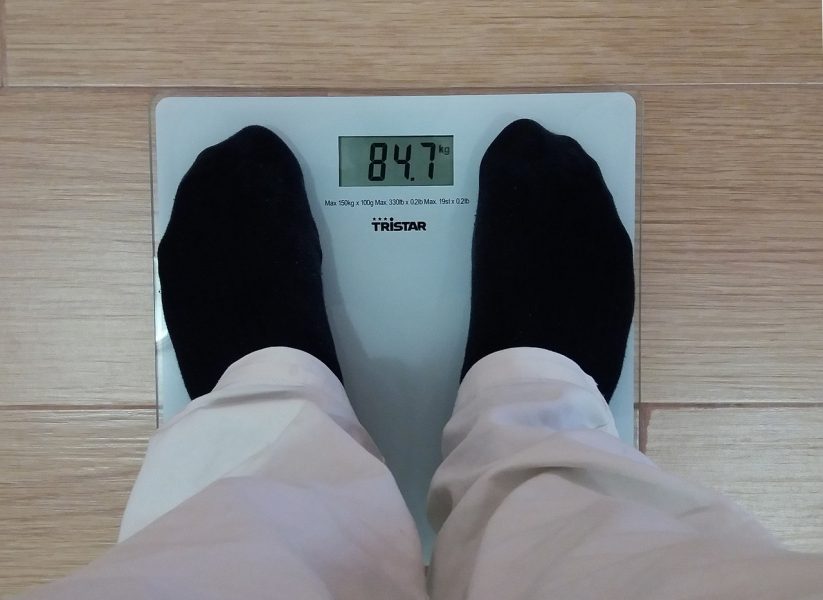Science tells us that what we eat is important to our health. Even more important is how much of it we eat.
Food, health and aging is a field of study that Valter Longo has been engaged in for years. Longo is professor of biogerontology and director of the Longevity Institute at the University of Southern California/Davis School of Gerontology in Los Angeles, and director of the Longevity and Cancer Program at the Molecular Oncology Institute Ifom in Milan.
Long passionate about the subject of longevity, in particular healthy longevity, Longo has been a pioneer in researching the effects of diet on disease and aging. Over the years, he has developed a specific diet that, according to several studies, would help protect against diseases such as type 2 diabetes and cardiovascular disease. It would also help one to lower blood pressure, lose weight, and decrease levels of an aging-related hormone.
In February, as reported by The New York Times, Longo published a new study conducted on hundreds of people, which suggests that his approach based on "mimicking fasting" could reduce biological age and ward off age-related diseases.
For Longo, who also advocates for exercise, everything revolves around nutrition, which he believes should mimic fasting. That is, one doesn't necessarily have to fast, but rather trick the body into believing it is fasting so that cells can regenerate and reprogram without actually starving.
As reported by AdnKronos, the diet devised by Longo, which is based on plants and nuts (along with supplements), mimics calorie restriction. The overall goal is to achieve a longer and healthier life. In summary, Longo's recipe for longevity includes the following:
- Eating only within a 12-hour window, fasting for the remaining 12 hours
- No eating for at least 3-4 hours before bedtime
- Minimizing sugar and fat intake
- Consuming plenty of complex carbohydrates (vegetables, whole grains)
- Abundant legumes
- Fish at least twice a week
- Nuts
- Very little meat
- 5-day fasting-mimicking diets every 1-6 months
Dr. Longo clarified that the diet proposed is reminiscent of the Mediterranean diet as conceived by our (Italian) ancestors, rather than its modern iteration, but he observed that few Italians adhere to it. He pointed out the prevalence of obesity among Italian children, particularly in the South, attributing it to what he termed the ”poisonous five Ps”: pizza, pasta, protein, potatoes, and “pane” (bread). Indeed, the data supports this: according to Coldiretti, 42% of Italian children between 5 and 9 years old are obese or overweight, a stark comparison with others in the European Union, where the average is 29.5%.
The fasting-mimicking diet is based on a plant-based eating regimen of five days, to be regularly repeated. It reproduces the positive effects of total fasting in the body, albeit without the body actually being in a state of starvation, thus helping cells to reprogram. Starving cancer, while nourishing the patient, is one of Longo's mantras regarding the disease.
In essence, Longo's proposed diet is a sort of vegan diet with the addition of fish and meat for some individuals. Nevertheless, he specifies, no food is inherently bad, but it matters how much one consumes.
And one's individual conditions matter too. The diet he has developed, especially if there are pre-existing conditions, should be recommended by a doctor or nutritionist and should consider the specific needs of the individual. In fact, there are various fasting-mimicking diets, quite different from each other and with different timing. For example, teenagers and the elderly need to introduce meat to develop and maintain muscle, a need that healthy middle-aged adults don't have.
Italy’s missed potential
Longo praises Italy's remarkable capacity for studying aging due to its record life expectancy and the abundance of centenarians. However, he notes a significant disparity between Italians' current dietary habits and his recommendations. He suggests a collective reassessment of dietary choices, advocating for reduced consumption of lasagna, cold cuts, fried foods and sweets in daily life, while acknowledging the cultural challenges associated with such changes.
Additionally, Longo highlights Italy's inadequate investment in research, lamenting its failure to allocate sufficient resources. This is despite Italy’s rich history and extensive knowledge base on aging, as made clear in the recent The New York Times article.
Longo’s focus offers an important consideration for Western countries, and particularly Italy, all of which are undergoing a progressive aging of the population. Indeed, the concept of ”demographic boom” has reversed and is now in decline.
Dr. Longo says that his goal is to extend youth and health, and to ensure that this is not only the privilege of the wealthy. Indeed, the scenario he sees as most likely in the short term is that a portion of the population will continue to live as they do now and reach 80 years or more thanks to medical advances, but that those years will be burdened by disease and disability. Another portion of the population, however, will likely follow the fasting diet and benefit from new scientific discoveries, reaching 100 years and beyond in relatively good health.


